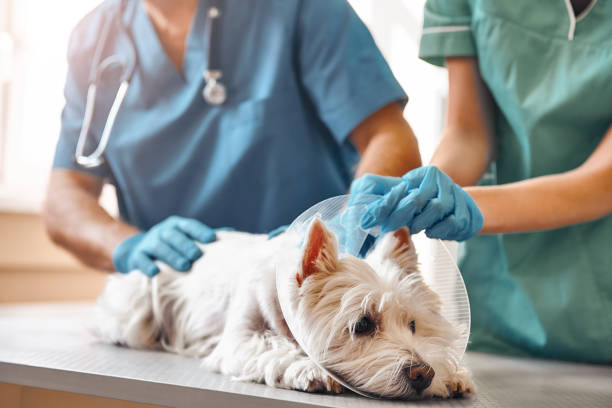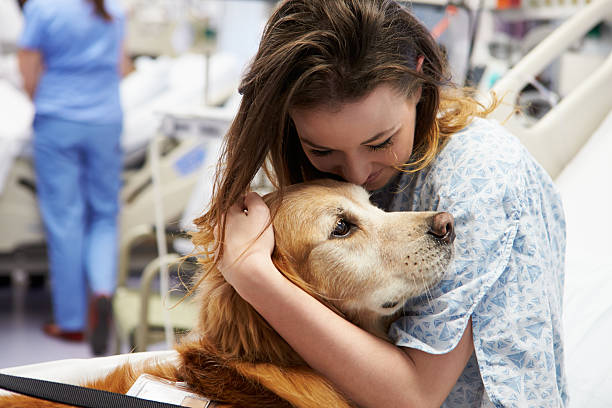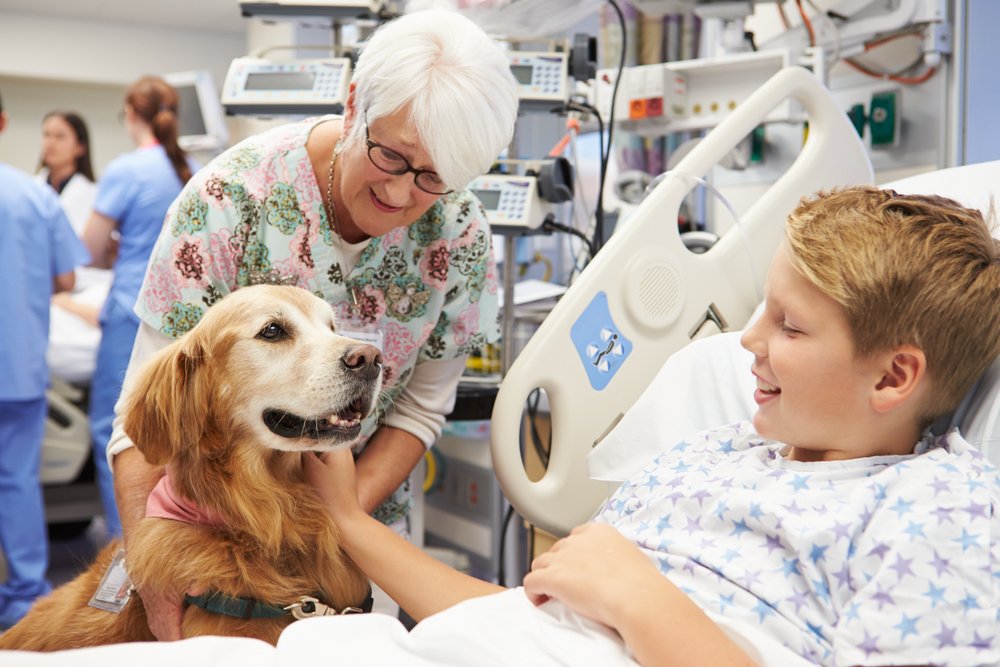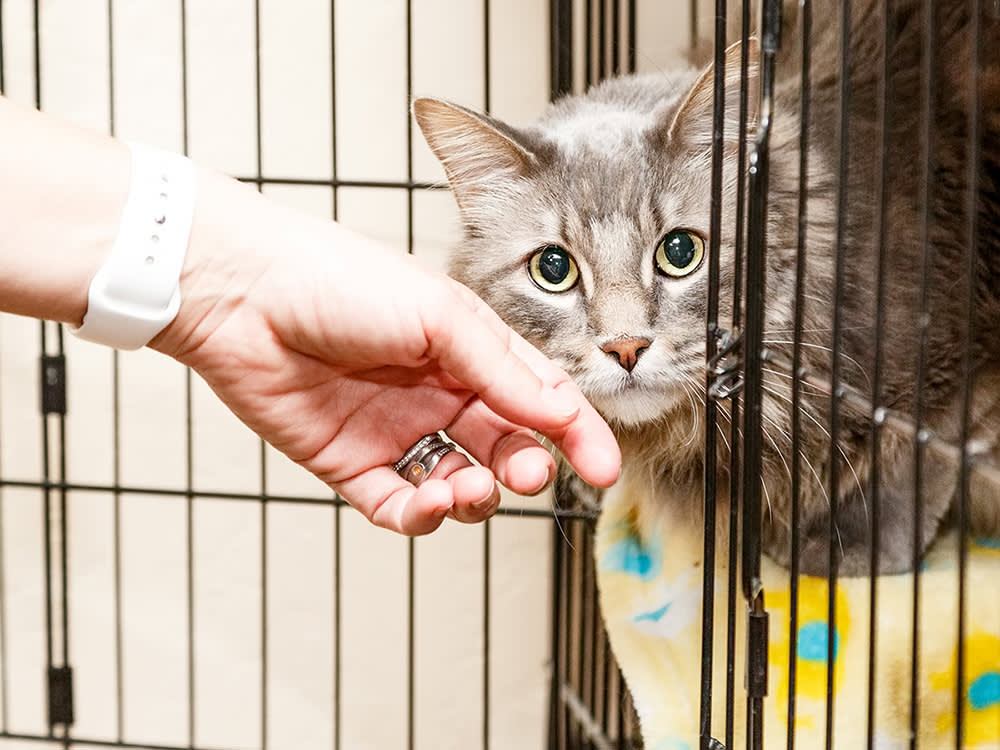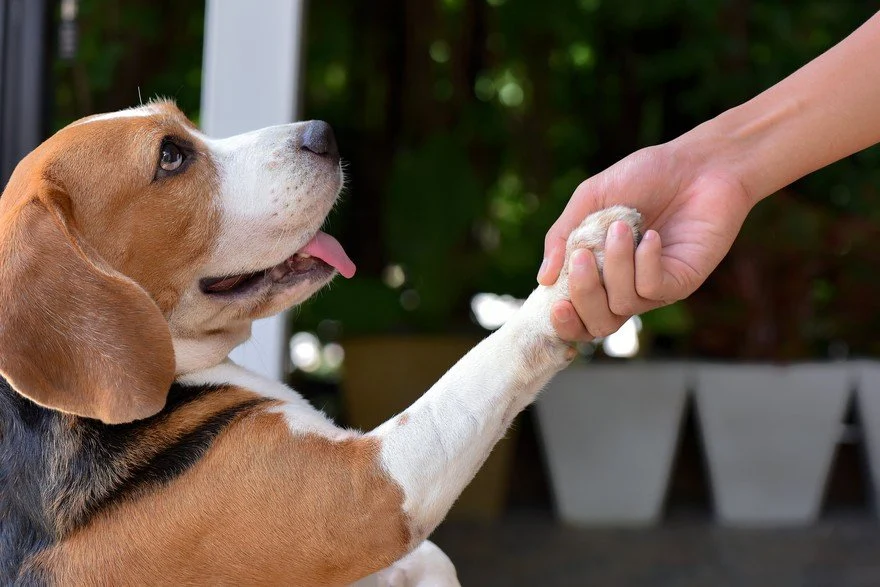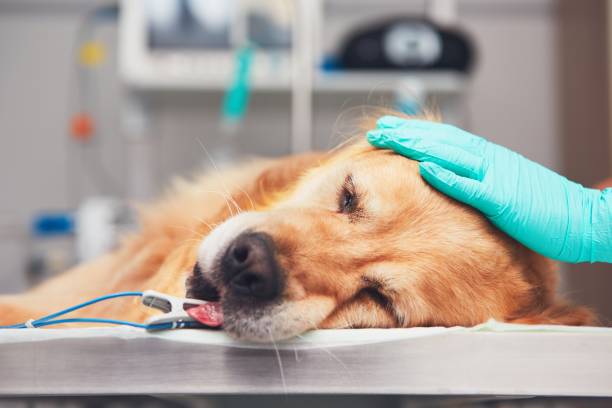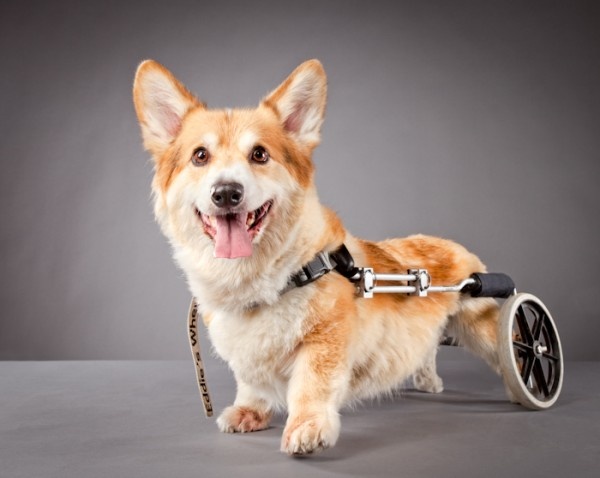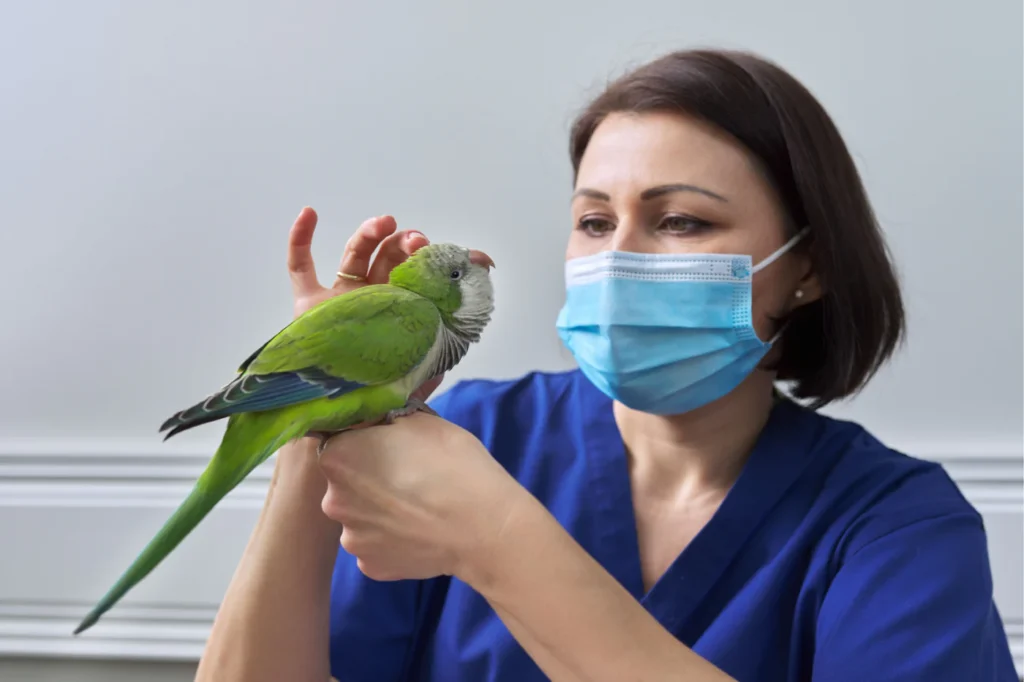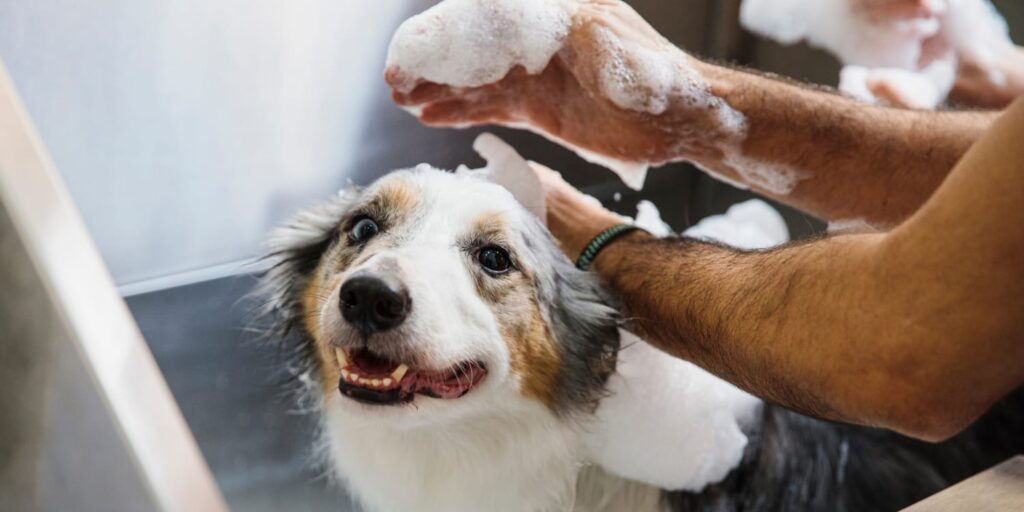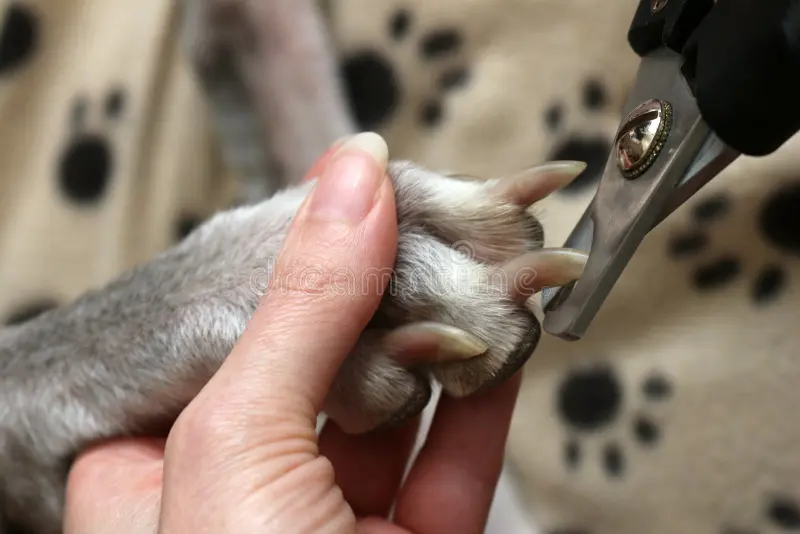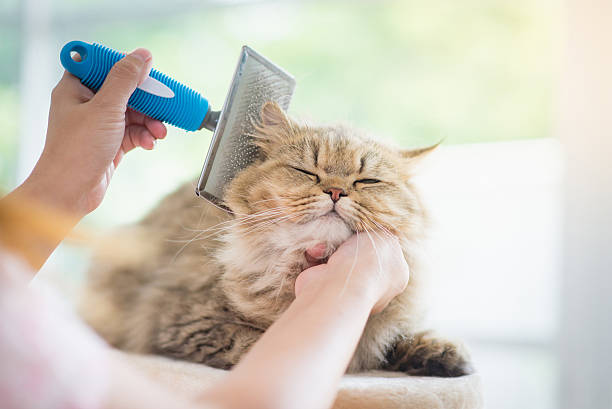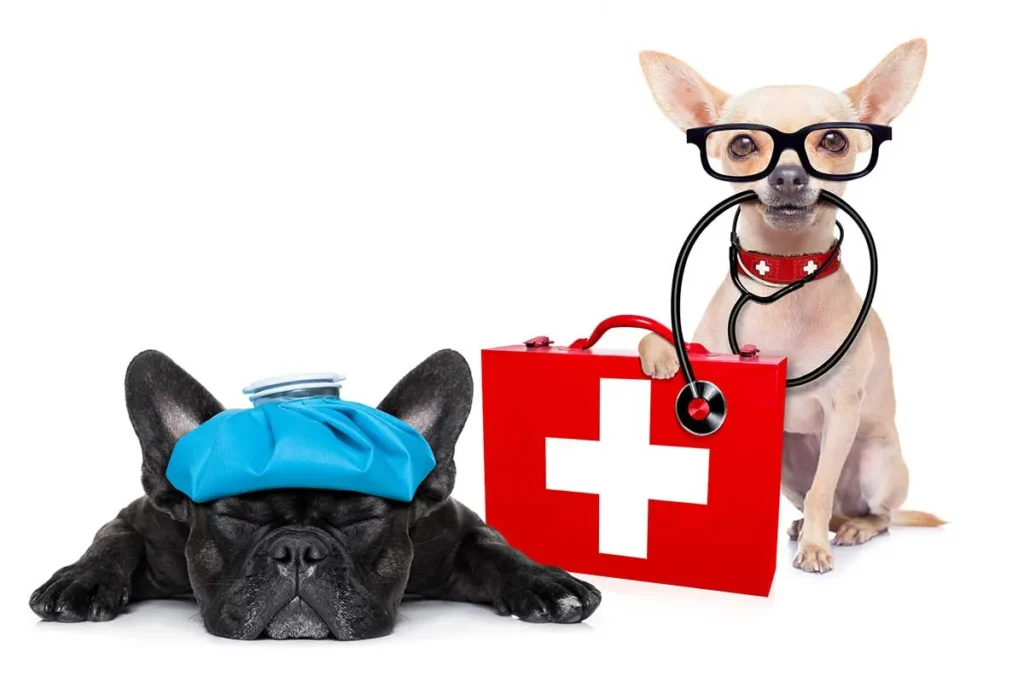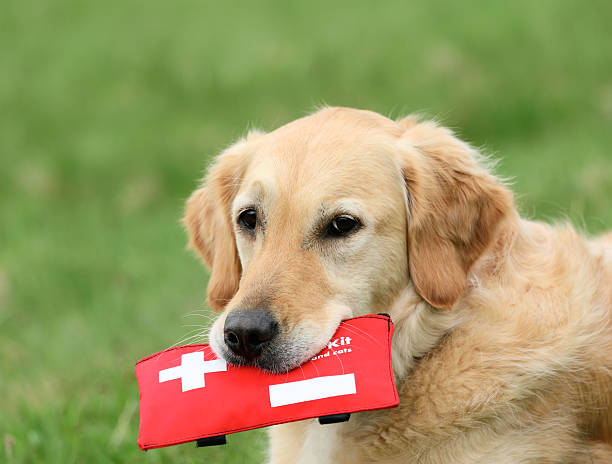Pet Care Plan : 7 Outstanding Benefits

One essential aspect of responsible pet ownership is having a comprehensive care plan in place to prepare for emergencies and unexpected events.
In this article, we’ll explore the importance of creating a care plan for pets and discuss the steps to develop one effectively.
Understanding the Importance of a Pet care Plan
Meeting Basic Needs
A comprehensive pet care plan outlines the essential elements required to meet your pet’s basic needs, including nutrition, hydration, shelter, and hygiene. Establishing clear guidelines and routines will ensure that your pet receive the necessary care and attention to thrive.
Promoting Health and Preventing Illness
Regular veterinary check-ups, vaccinations, parasite control, and preventive care measures are integral components of a pet care plan aimed at promoting optimal health and preventing illness.
By staying proactive and adhering to scheduled appointments and treatments, you safeguard your pet’s well-being and longevity.
Ensuring Safety and Security
Your pet’s safety is paramount, both within the home environment and when venturing outdoors.
A pet care plan should include measures to mitigate potential hazards, such as securing toxic substances, providing adequate supervision during outdoor activities, and implementing strategies to prevent accidents or injuries.
Addressing Behavioral and Emotional Needs
Pets, like humans, have emotional and behavioral needs that must be addressed to foster a harmonious and fulfilling relationship.
A pet care plan should incorporate strategies for socialization, enrichment, mental stimulation, and positive reinforcement training to promote desirable behaviors and prevent issues such as anxiety or aggression.
Emergency Preparedness
Unexpected emergencies can occur at any time, ranging from natural disasters to sudden illness or injury.
A well-prepared pet care plan includes provisions for emergency situations, such as evacuation plans, identification methods (e.g., microchipping), and access to emergency medical care.
Proactively planning for emergencies can help you minimize stress and ensure the safety of your pet during challenging times.
Financial Planning and Responsibility
Pet ownership comes with financial responsibilities, including expenses related to food, veterinary care, grooming, supplies, and unexpected medical emergencies.
A pet care plan should include budgeting considerations and contingency plans to ensure that you can provide for your pet’s needs without compromising their well-being.
Quality Time and Bonding
Building a strong bond with your pet is essential for their emotional and psychological well-being.
Allocate time for daily interaction, play, exercise, and affectionate gestures to strengthen your bond and nurture a sense of trust and security between you and your pet.
In essence, a well-structured pet care plan is a cornerstone of responsible pet ownership, providing a framework for meeting your pet’s needs and nurturing a happy, healthy, and fulfilling life together.
Investing time, effort, and resources into developing and implementing a comprehensive pet care plan demonstrates your commitment to providing the best possible care for your beloved animal companion.
Benefits of Having a Pet Care Plan
Developing a care plan for your cherished pet offers a myriad of benefits that contribute to their overall health, happiness, and well-being. Here are some of the numerous advantages that arise from having a well-structured pet care plan in place:
Optimized Health and Longevity
A comprehensive care plan ensures that your pet receives regular veterinary check-ups, vaccinations, preventive treatments, and appropriate nutrition tailored to their specific needs.
Proactively addressing health concerns and promoting preventive care measures enhances your pet’s overall health and increase their chances of living a longer, healthier life.
Early Detection and Treatment of Health Issues
Routine veterinary visits included in the care plan enable early detection of potential health issues, allowing for prompt intervention and treatment.
Detecting health problems in their early stages often leads to more effective treatment outcomes and minimizes the risk of complications.
Improved Behavior and Training
A structured care plan incorporates strategies for behavioral training, socialization, and mental stimulation, which are essential for fostering desirable behaviors and addressing behavioral issues.
Consistent training and enrichment activities promote positive interactions, reduce stress, and enhance your pet’s overall well-being.
Prevention of Accidents and Injuries
Implementing safety measures and precautions outlined in the care plan helps prevent accidents and injuries that could jeopardize your pet’s well-being.
Identifying and mitigating potential hazards within the home environment and during outdoor activities helps you create a safer environment for your pet to thrive.
Enhanced Emotional Well-Being
Providing consistent care, attention, and affection as part of the care plan strengthens the bond between you and your pet and promotes their emotional well-being.
Regular interaction, playtime, and quality time spent together foster a sense of security, trust, and companionship, reducing feelings of loneliness or anxiety.
Financial Planning and Preparedness
Developing a budget and financial plan as part of the care plan helps ensure that you can afford the necessary expenses associated with pet ownership, including veterinary care, food, grooming, supplies, and unexpected emergencies.
Financial preparedness minimizes the stress and uncertainty associated with managing pet-related expenses and enables you to provide for your pet’s needs without compromising their care.
Peace of Mind for Pet Owners
Having a comprehensive care plan in place provides peace of mind for pet owners, knowing that they are actively prioritizing their pet’s health, safety, and well-being.
With a clear roadmap for meeting their pet’s needs and addressing potential challenges, pet owners can navigate the responsibilities of pet ownership with confidence and reassurance.
A care plan for pets serves as a roadmap for caring for your pet in various situations, including emergencies, natural disasters, or unexpected events.
It provides peace of mind knowing that you have prepared for the unexpected and can act quickly to ensure your pet’s safety and well-being.
Components of the Pet Care Plan
Emergency Contact Information
Include contact details for yourself, a backup caregiver, and your veterinarian in your care plan. This information will be crucial during emergencies when quick communication is essential.
Pet Medical Records
Maintain up-to-date medical records for your pet, including vaccination records, medication information, and any existing health conditions.
These records will be invaluable for veterinarians or emergency responders caring for your pet.
Pet Identification
Ensure your pet has proper identification, including tags with your contact information and a microchip with updated registration details. This will help reunite you with your pet if they become lost during an emergency.
Emergency Supplies
Prepare an emergency kit for your pet containing essential supplies such as food, water, medication, first aid supplies, and comfort items. Store the kit in an easily accessible location.
Pet Care Instructions
Provide detailed instructions for feeding schedules, medication administration, and any specific care requirements your pet may have. Include information on your pet’s likes, dislikes, and behavior traits to assist caregivers in providing proper care.
Creating A Pet Care Plan
Gather Essential Information
Compile all necessary information for the plan, including contact details, medical records, identification documents, and care instructions.
Organize Your Documents
Organize your pet care documents into a single folder or digital file for easy access. Keep physical copies in a waterproof container and store digital copies in a secure location.
Assemble Emergency Supplies
Gather and assemble your pet’s emergency kit, ensuring it contains enough supplies to last for at least three days. Regularly check and replace expired items as needed.
Develop a Communication Plan
Establish a communication plan with your family members, neighbors, and pet caregivers to ensure everyone knows their roles and responsibilities during an emergency. Share your care plan with them and designate a primary and backup caregiver for your pet.
Putting the Plan into Action
Regular Review and Updates
Review and update the plan regularly, especially after any changes in your pet’s health, living situation, or caregiver arrangements. Ensure all information remains accurate and up to date.
Sharing Your Plan with Others
Share your plan for Pet care with trusted individuals, including family members, neighbors, and pet sitters, so they know how to care for your pet in your absence. Provide them with copies of key documents and instructions.
Conclusion On Pet Care Plan
A care plan for Pets is a vital tool for pet owners to ensure the safety and well-being of their Pets during emergencies and unexpected events.
By taking the time to create a comprehensive plan and regularly reviewing and updating it, you can be better prepared to care for your pet in any situation.




